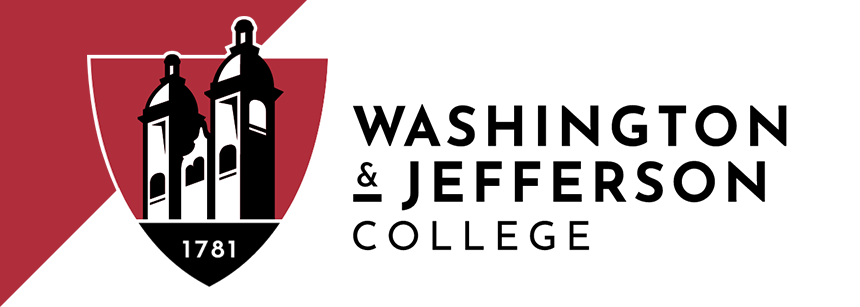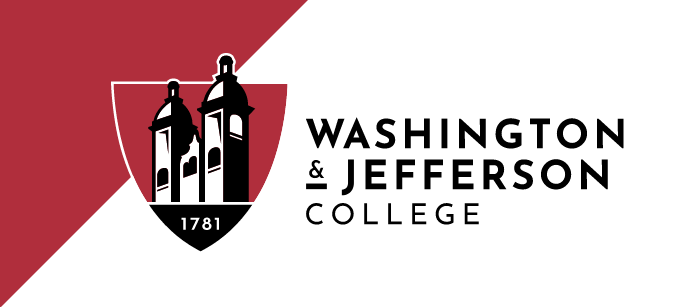WASHINGTON, PA (Nov. 7, 2013)—Three Washington & Jefferson College (W&J) students are poised to test their skills and passion for computer programming on the international level.
Seniors Kyle Karwatski of Uniontown, Pa. and Christopher Wright of Washington, Pa., and junior Shiv Upadhyay of Bridgeville, Pa. will compete as a team Nov. 9 in the East Central North American Region of the ACM International Collegiate Programming Contest at Youngstown State University in Youngstown, Ohio.
“We know what we’re up against, and we know it’s going to be tough,” Karwatski said. “Our goal is to go in with a good strategy and do our best.”
W&J’s team will be one of 130 three-person teams from 60 colleges and universities in the regional competition, which tests the skills of even the most talented student programmers. Winners will advance directly to the ACM International Collegiate Programming World Finals, to be held in Ekaterinburg, Russian Federation in June.
“These three students are very coding-focused, and wanted to go out and see if they could compete on this scale,” said Amanda Holland-Minkley, Ph.D., associate professor and chair of Computing and Information Studies (CIS) at W&J. “These are all guys who would take the normal programming classes, but would take it to the next level.”
The students researched programming competitions and chose to enter the ACM contest. The team has met twice a week since September to review programming code and data structures, and practice writing programs.
Karwatski, a CIS major, and Wright, who is majoring in CIS and Mathematics, both plan to pursue careers in programming, or a related field. Holland-Minkley said both students and Upadhyay, a Biophysics major, have done impressive programming work on and off campus, but the ACM competition will be challenging.
The Eastern Region includes teams of undergraduate and graduate students from colleges and universities in Western Pennsylvania, Ohio, Indiana, Michigan and parts of Canada.
Contestants will be given nine programming problems and asked to solve them within five hours – with all three team members working on one computer, with one mouse and one keyboard.
“Part of the competition is to see if these students, who all have great skills independently, figure out how to make their skills work together,” Holland-Minkley said. “It’s organized like a team athletic competition. My role as coach is to guide how we’re going to take the normal programming skills and apply them in this unusual setting.”
Karwatski said that win or lose, competing “gets the name of our department out there and gives the school exposure in a new area. It’s a great way to get other people and colleges to look at us for opportunities.”
Holland-Minkley said she hopes this is the beginning of a new chapter for the college’s CIS students, and she’s happy the department can use options such as the competition to continue supporting students whose interests lie beyond the standard class schedule.
“I’ll definitely do this next year,” Upadhyay said. “As long as we have the team and enthusiastic people. We can only do better from here.”
(end)

